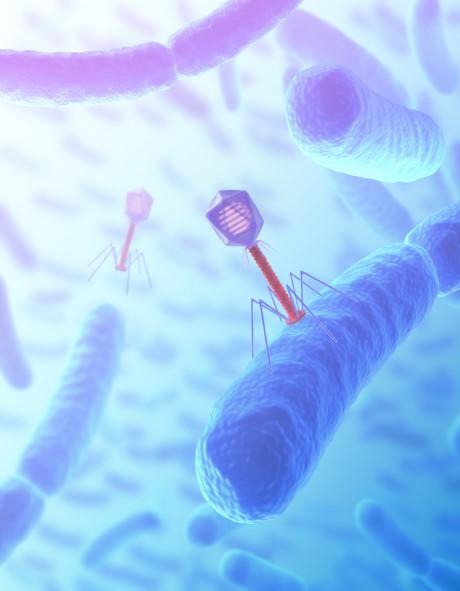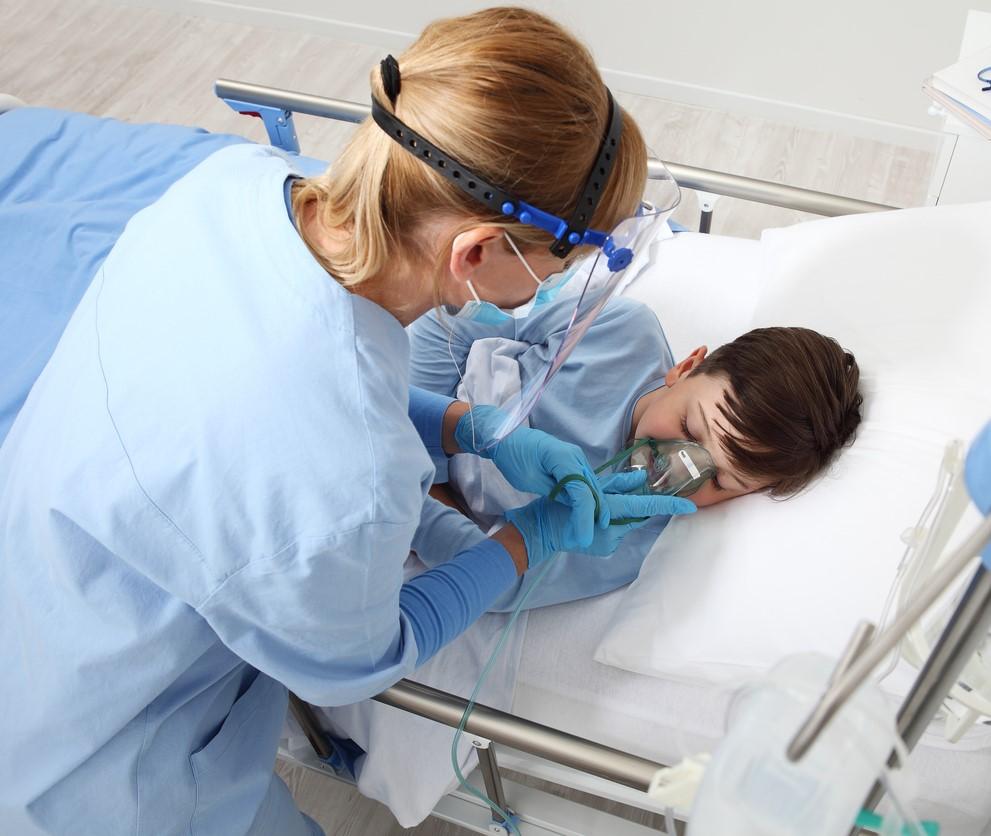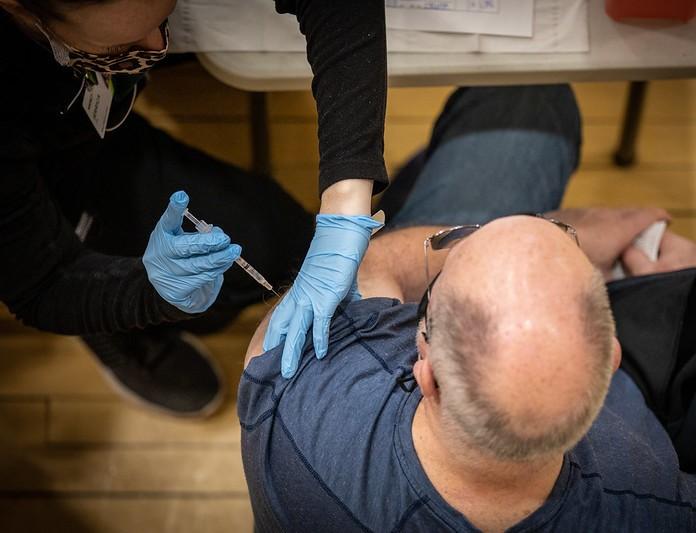
The results of the first stage of a phase 2 trial showed promising results for a CRISPR-enhanced bacteriophage cocktail targeting urinary tract infections (UTIs) caused by Escherichia coli, researchers reported late last week in The Lancet Infectious Diseases.
In the first part of the phase 2 ELIMINATE trial, researchers with North Carolina–based Locus Biosciences aimed to define a dosing regimen for LBP-EC01, a six-bacteriophage cocktail engineered with a CRISPR-Cas3 construct that targets the E coli genome, in patients with uncomplicated UTIs.
To do so, they randomly assigned 39 patients to receive three different combinations of intraurethral and intravenous doses of the cocktail, along with daily oral doses of the antibiotic trimethoprim-sulfamethoxazole. The primary outcome was the level of LBP-EC01 in urine and blood across the treatment period. Investigators also assessed safety in enrolled patients who received at least one dose of the cocktail.
Early indication of efficacy
The results showed that a regimen consisting of 2 days of intraurethral LBP-EC01 (2 x 1012 plaque forming units [PFUs]) and 3 days of concurrent intravenous LBP-EC01 (1 x 1010 PFUs) plus oral trimethoprim-sulfamethoxazole twice daily was well tolerated and showed high and consistent bioavailability in urine and blood and a promising pharmacodynamic effect. Forty-four adverse events were observed in 18 patients (46%) in the safety population, but no serious adverse events were reported.
The results also provided an early indication of efficacy. A rapid reduction in E coli in urine was observed within 4 hours of treatment and maintained at the day 10 test-of-cure evaluation in 16 patients, all of whom had complete resolution of UTI symptoms by day 10.
"These results, although preliminary, suggest that the natural propensity for bacteriophages and bacteria to establish an equilibrium can be disrupted, in favour of bacterial eradication, through selecting the appropriate indication (ie, UTI) and dosing regimens and routes of administration that enable high direct exposure and using cocktails of bacteriophages, including ones that are genetically enhanced," the investigators wrote.
The dosing regimen will be carried through to the second part of the trial, which will investigate its efficacy in a larger population.
.jpg)

















